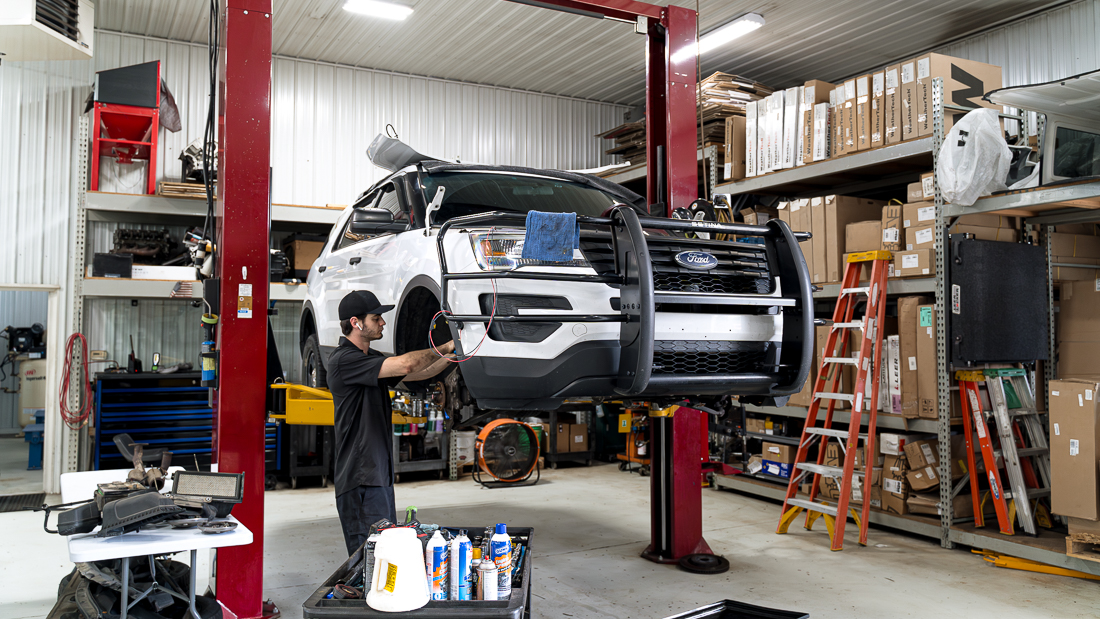
Drivetrain Service
Schedule Service
Car, Truck, and SUV Drivetrain Services
Pickups Plus Cars is here to help you maintain your drivetrain and all of its parts including the transmission, differential, and axles. We offer services such as drivetrain fluid flushes, differential repairs, and axle inspections that are essential for maintaining smooth power delivery, enhancing fuel efficiency, and preventing premature wear.
We can also help you find products like transmission fluids, differential oils, and axle greases. Regular drivetrain maintenance and the use of top-notch products contribute to a reliable and efficient vehicle, ensuring a seamless connection between the engine and wheels for a smooth and enjoyable driving experience.
Top Drivetrain Assistance
-
Transmission Services
Transmission services can include transmission fluid flushes, which help remove contaminants and ensure proper lubrication, as well as transmission inspections and repairs. At Pickups Plus Cars we can address issues such as slipping gears, rough shifting, and transmission fluid leaks. Regular service contributes to smooth gear changes and overall drivetrain longevity.
-
Differential Services
Differentials play a crucial role in distributing power to the wheels while allowing them to rotate at different speeds. Services include differential fluid changes or flushes, inspections for leaks or abnormal noises, and repairs to address issues like worn gears or bearings. Proper differential maintenance ensures optimal power distribution, reduces wear, and enhances the vehicle's overall stability.
-
Axle and CV Joint Services
Axle and CV joint services are essential for maintaining the drivetrain's connection between the transmission and wheels. Our technicians can identify damaged or worn axles and CV joints, and make replacements and repairs when necessary. Proper axle and CV joint maintenance contributes to smooth and efficient power transfer, and minimizing vibrations while you drive.
-
Drivetrain Fluids and Additives
Drivetrain fluids and additives optimize the performance and longevity of drivetrain components. High quality transmission fluids, differential oils, and axle greases are crucial for maintaining proper lubrication, reducing friction, and preventing premature wear and avoiding potential failure. With expert help and advice you can use these products to maintain the overall health and efficiency of the drivetrain system.
SUBSERVICES
Common Drivetrain Questions
-
How often should I change my transmission fluid?
The frequency of transmission fluid changes depends on the manufacturer's recommendations, driving conditions, and the vehicle's age. As a general guideline, many experts suggest changing the transmission fluid every 30,000 to 60,000 miles. However, it's crucial to consult your vehicle's owner's manual and follow the manufacturer's specific guidelines to ensure optimal performance and longevity of the transmission. -
What are the signs of a failing differential?
Signs of a failing differential include unusual noises, such as whining or clunking sounds during turns, fluid leaks, and difficulty maintaining traction. If you notice any of these symptoms, it's advisable to have your vehicle inspected by a professional. Regular differential inspections and fluid changes can help identify and address potential issues before they lead to more extensive damage. -
Can I drive with a damaged CV joint or axle?
While it is possible to drive with a damaged CV joint or axle, it's not recommended. Driving with a damaged component can lead to further deterioration, potentially causing more extensive and costly repairs. Additionally, continued driving with a compromised CV joint or axle can affect the vehicle's handling and safety. If you suspect an issue with your CV joints or axles, it's best to have them inspected and repaired promptly. -
How do I know if my drivetrain needs servicing?
Signs that your drivetrain may need servicing include unusual noises, such as clunking or whining, difficulty shifting gears, vibrations, or leaking fluids. Regular maintenance, including inspections of the transmission, differentials, and axles, is crucial. Following the manufacturer's recommended service intervals and addressing any unusual symptoms promptly can help prevent major drivetrain issues.
Contact form
Contact Form Services




